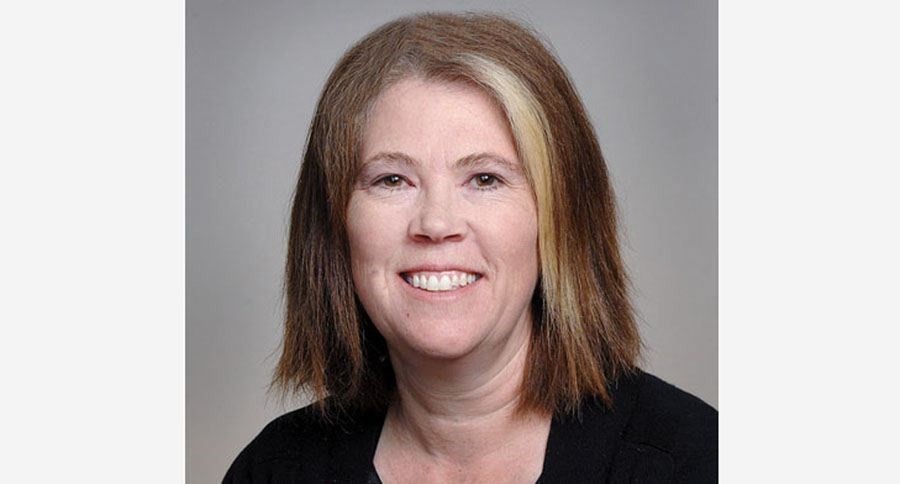The Prince George Citizen has thrown down the gauntlet to citizens of Prince George. It's time to change our voter turnout record for municipal elections. It's time to come out in droves and show that city and local politics are important because local government has a more direct impact on our day-to-day life than any other level of government. When I first started writing this column I wrote about the challenges that municipal governments face. It was, in fact, my sixth column for the Citizen and I am going to resurrect some of it here today because I would like to add my voice to the call for citizens to vote on November 15th.
At that time I wrote: "Academics tell us that "municipal government was initially created in Canada primarily as an instrument for service delivery, rather than as a level of democratic government." When we look at where municipal governments are [discussed] in the constitution we find that they are under the jurisdiction of the provinces. In other words, the provinces have power over the roles and responsibilities of municipal governments. These local governments were mandated to ensure that local services, connected to roads, sewers, potholes and also to leisure services like pools and libraries were dealt with within communities."
Yet, municipalities have long ago matured beyond simple service providers and we rarely have an opportunity to discuss the real challenges for municipal governments and their role in twenty-first century politics. In my column in 2012 I said: "Municipal governments are now the makers of the community. They are part of the structure of the global economy and yet their entry into it is not guaranteed. Municipal governments, whether they like it or not, are responsible for things like: economic development, international trade connections, sustainability planning, and housing strategies. They have responsibilities far beyond service provision even though service provision is still central to their mandate."
The municipal election this year in Prince George is about electing both city councillors and a mayor all of whom will have a profound influence on the shape and direction of the city. A few weeks ago Neil Godbout wrote in an editorial in which he said that it is critical to understand "who the candidates are and what they represent but also what degree of power they will wield and to what degree they will have to work with others at the table to get things done." He also, very rightly, pointed out that there are no political party names beside the candidates name on the ballot. The point is that municipal elections are a really different animal than are other elections. They require different tasks from both the candidates and the voters. They also have different challenges.
I thought it might be a good idea to look at those challenges and so I looked for a study that examined the issue of low voter turnout in municipal elections.
In 2004 David Niven did a study in Florida on the impact of political mobilization which is "the activity of rousing masses of people both to express themselves politically and also to undertake political action" on voter turnout in a municipal elections. Niven shows that candidates really need to meet the people "face-to-face" in order to mobilize the voter to go to the polls. He shows that this requires a "huge" time commitment and still is only likely to increase turnout "by encouraging intermittent voters to go to the polls." In other words, face-to-face contact only encourages individuals who "sometimes" vote and thus individuals who have little or no interest in politics are not likely to be persuaded by more contact with a candidate.
Second, Niven shows that: "M[]unicipal elections in Florida present the challenge for voters of making a decision between candidates without using party label as a guide. This calls for developing a candidate-specific understanding of issue positions and other relevant information, a task few voters are eager to perform... Thus, elections without party labels draw not only fewer voters, but far fewer low [socio-economic status] voters."
For our purposes here the important point is that it can be easier to vote in a provincial or a federal election because you can simply choose the candidate based on party affiliation. Municipal politics requires flat-out name recognition.
These two challenges are not insignificant but we really do owe it to ourselves to do the work and to have a better than 29 percent voter turnout.



